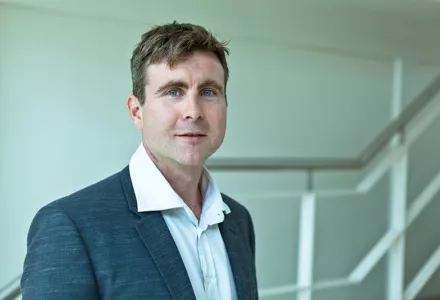Energy Policy Seminar: Frank Geels on “Understanding and Shaping the Dynamics of Low-Carbon Transitions”
Join us for the first Energy Policy Seminar of the 2021 Fall Semester featuring Frank Geels, Professor of System Innovation and Sustainability at the Manchester Institute of Innovation Research, at the University of Manchester. Professor Geels will present "Understanding and Shaping the Dynamics of Low-Carbon Transitions: Insights and examples from socio-technical transitions research." HKS Professor William Clark will moderate the discussion and Q&A.
Attendance: This event is open to the public and hosted on Zoom. For those who cannot attend live, the seminar will be recorded and available to watch below.

